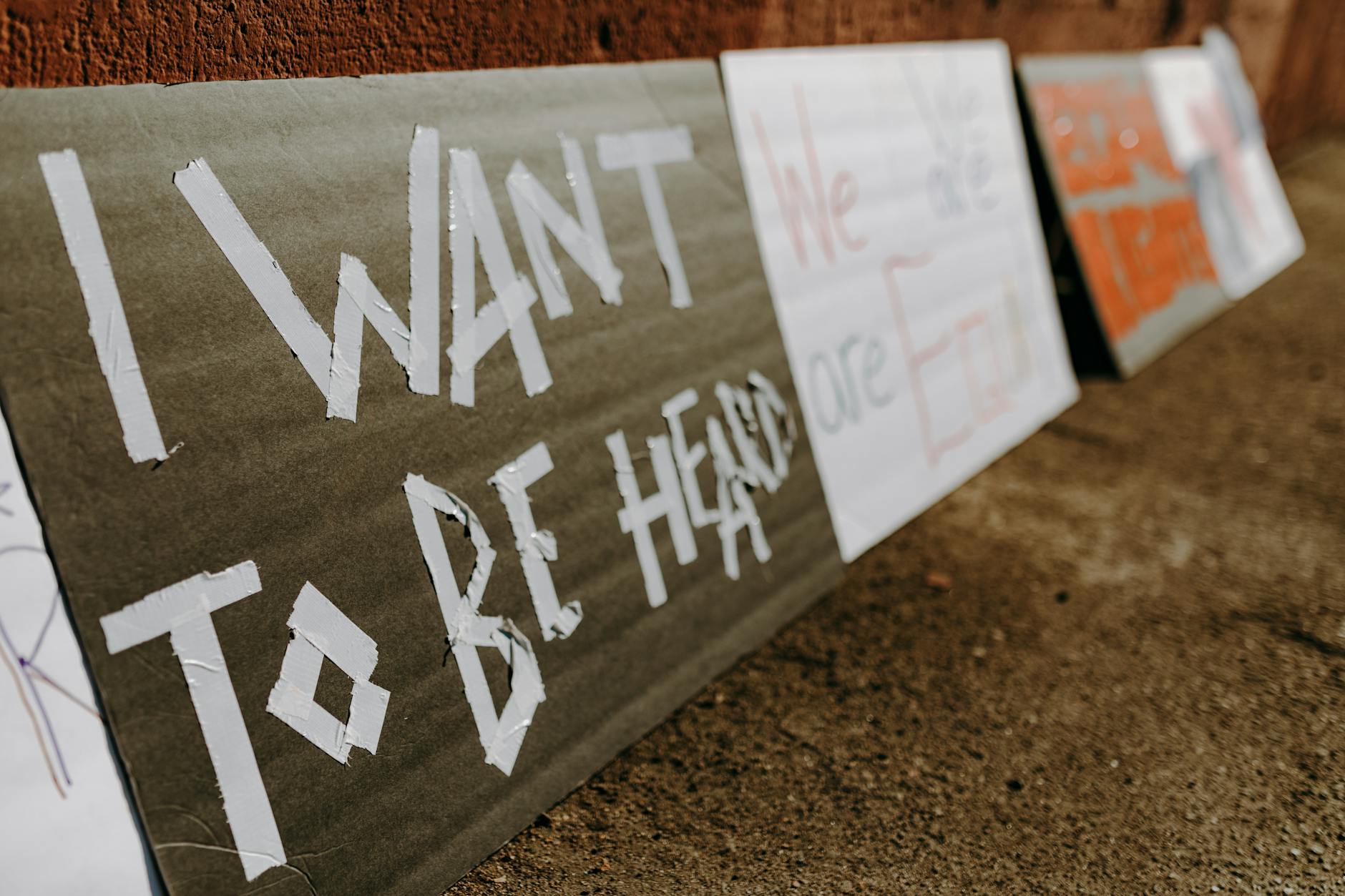Justice Delayed, But Not Denied: Menendez Parole Rejection Echoes Enduring Impact of Heinous Crime
A parole board’s decision to keep Erik Menendez incarcerated underscores the deep wounds left by a sensational case that continues to resonate.
Thirty-six years and one day have passed since Erik Menendez and his brother Lyle committed a crime that shocked the nation: the brutal murder of their wealthy parents, Lyle and Kitty Menendez, in their Beverly Hills mansion. This week, Erik Menendez was denied parole, a decision that, while offering little solace to the victims, serves as a potent reminder of the enduring consequences of their actions and the complexities of the justice system.
The case of the Menendez brothers captivated the public imagination, fueled by tabloid sensationalism and the sheer audacity of the crime. Initially, the brothers claimed they murdered their parents in self-defense, alleging years of sexual and emotional abuse. However, the subsequent trials revealed a narrative of greed, with the brothers ultimately inheriting a substantial fortune. The initial convictions and subsequent life sentences brought a measure of closure, but the question of their potential release has always loomed, creating a recurring source of unease for those affected and for observers of the justice system.
Analyzing the Parole Decision
The parole board’s decision to deny Erik Menendez parole, after decades of incarceration, is not merely a procedural update; it speaks to a broader societal understanding of justice, accountability, and the gravity of such violent acts. The core of the parole process involves assessing an inmate’s rehabilitation and the potential risk they pose to public safety. For the Menendez brothers, the sheer brutality of their crime, the motive of financial gain, and the public nature of their trials have created a high bar for demonstrating genuine remorse and a complete transformation.
Pros of the Decision:
- Public Safety: For many, the decision reinforces the belief that individuals who commit such heinous crimes, particularly with motives of greed, should remain incarcerated to protect society.
- Victim’s Family: While the immediate family of Lyle and Kitty Menendez are deceased, the decision offers a symbolic affirmation that the memory of the victims is respected and that justice, in a broad sense, is being served.
- Deterrence: A denial of parole for such a high-profile case can serve as a deterrent, signaling that extreme violence and calculated murder will be met with severe and prolonged consequences.
Cons of the Decision:
- Rehabilitation Potential: Critics might argue that after nearly four decades, individuals should be evaluated solely on their present risk and evidence of rehabilitation, regardless of the original crime’s details. If Erik Menendez has genuinely reformed, continued incarceration could be seen as punitive rather than protective.
- The “What If”: The enduring public fascination with the case means that any parole would likely be met with intense scrutiny and public apprehension, regardless of the individual’s behavior.
Broader Implications and Key Takeaways
The Menendez parole denial highlights the long shadow cast by violent crime. It raises questions about the effectiveness of life sentences and the role of parole in cases where the original motive and execution were particularly shocking. For victims of violent crime and their families, parole hearings can be re-traumatizing, forcing them to relive the events. This decision, therefore, also speaks to the importance of considering the enduring impact on those left behind.
Key Takeaways:
- The justice system grapples with balancing punishment, rehabilitation, and public safety for decades-long incarcerated individuals.
- The nature and motive of the original crime significantly influence public perception and parole decisions.
- Cases like the Menendez murders leave lasting societal impressions that impact how justice is perceived.
What to Expect: Erik Menendez will remain incarcerated. His next opportunity for parole would likely be several years away, subject to the specific regulations of the California Department of Corrections and Rehabilitation. The case will likely continue to be a point of reference in discussions about capital punishment, life sentences, and the intricacies of the parole process.
Why it Matters: This decision reinforces the societal expectation that extreme acts of violence, especially those driven by greed, carry profound and lasting consequences. It underscores that justice, for many, is not just about the conviction but also about the enduring commitment to holding individuals accountable for their actions.
Advice and Alerts
For those navigating the legal system or affected by crime, understanding the parole process and its implications is crucial. Victims’ families have rights to be informed and to participate in parole hearings. For the general public, engaging with such cases requires a nuanced understanding of the law, rehabilitation efforts, and the indelible impact of violent acts.
Call to Action: Readers interested in learning more about the California parole system and victims’ rights can consult the official resources provided below.














